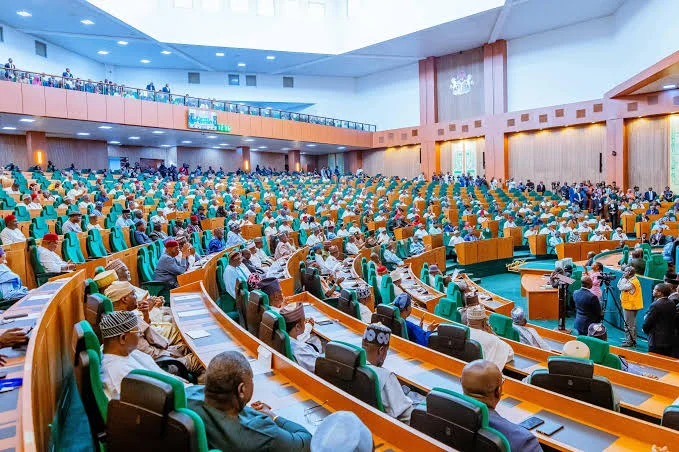The Nigerian House of Representatives has directed the Nigerian Communications Commission (NCC) to shut down all pornographic websites nationwide. Lawmakers mandated internet service providers to block access, emphasizing the need to protect societal values.
The motion, sponsored by Dalhatu Tafoki, highlighted concerns over pornography’s psychological and social impact. Tafoki cited global restrictions and religious opposition to obscenity.
The House warned that non-compliant internet providers would face sanctions, with an enforcement report expected in four weeks.
Supporters of the ban argue that pornography contributes to moral decay, addiction, and negative behavioral changes, particularly among young people. They stress that many countries, including those in Asia, Africa, and the Middle East, have already implemented similar restrictions.
However, critics warn that such measures could raise concerns about internet censorship and digital rights. They argue that banning adult content may set a precedent for broader internet restrictions, potentially impacting freedom of expression and access to information.
As the NCC prepares to implement the directive, discussions continue about the practical and legal implications of enforcing an internet-wide ban on pornography in Nigeria.

